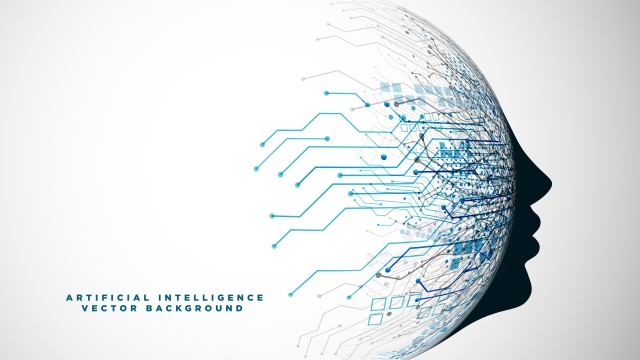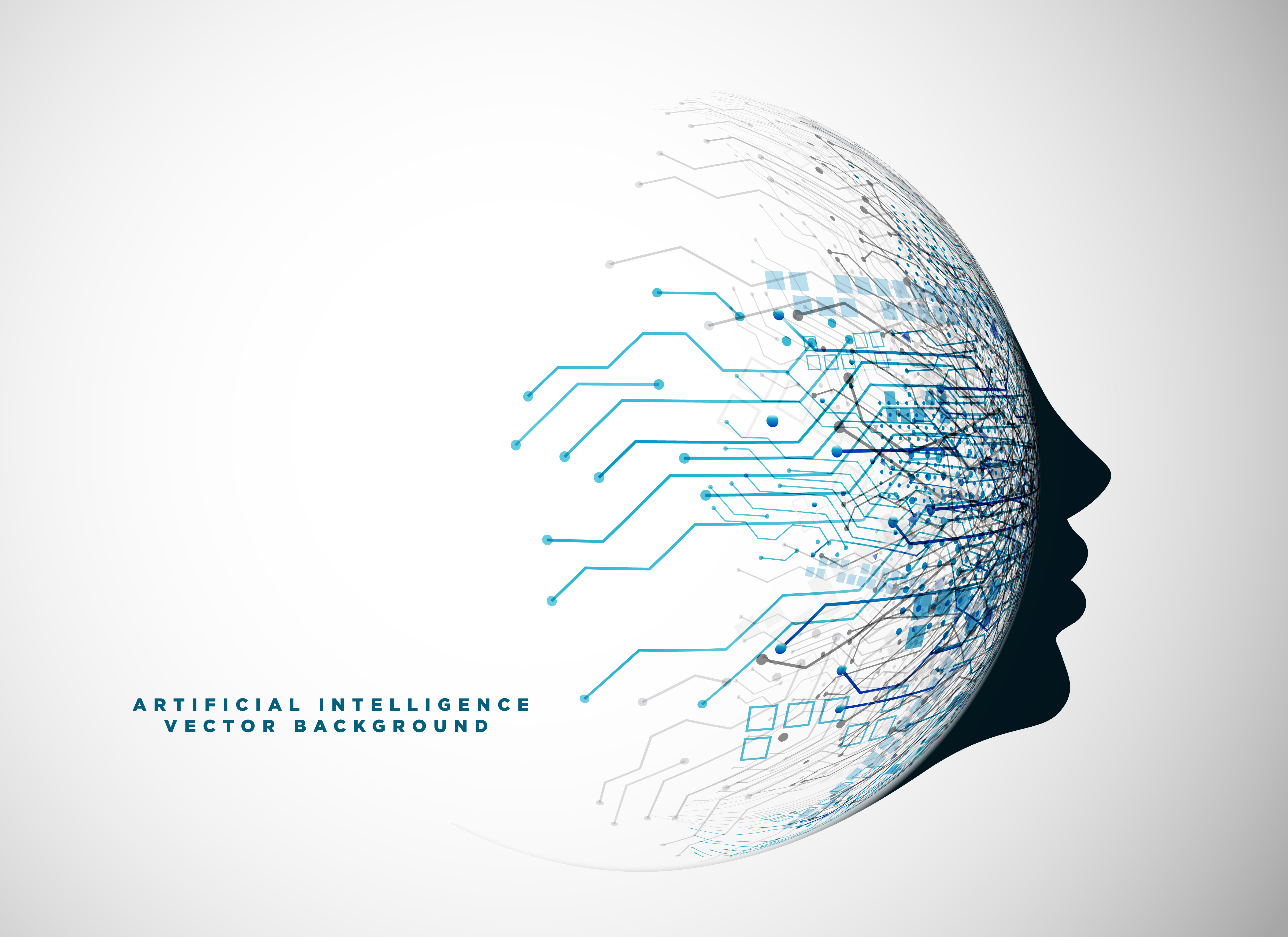
Unraveling the Wonders of Artificial Intelligence: A Futuristic Journey

Artificial Intelligence, often referred to as AI, has been a topic of fascination and curiosity across various fields in recent years. This innovative technology, which involves the development of intelligent machines capable of performing tasks that typically require human intelligence, has reshaped industries and daily life in more ways than we can imagine.
From self-driving cars and personalized recommendations on streaming platforms to advanced medical diagnostics and efficient customer service interactions, AI has truly transformed the way we live and work. The potential of artificial intelligence seems boundless, offering promises of increased efficiency, enhanced decision-making processes, and even solutions to complex global challenges. Join us on this futuristic journey as we explore the wonders and implications of artificial intelligence in our ever-evolving world.
History of AI
The concept of artificial intelligence traces back to ancient civilizations. Early Greek myths and Chinese folklore often depicted mechanical beings with human-like capabilities, foreshadowing modern AI development. Jumping to the 20th century, the term "artificial intelligence" was coined in 1956 by John McCarthy at the famous Dartmouth Conference, marking the formal beginning of AI as a field of study.
In the decades that followed, significant strides were made in AI research, characterized by periods of enthusiasm and disappointment known as AI summers and winters. Breakthroughs such as the development of expert systems in the 1970s and neural networks in the 1980s fueled optimism about AI’s potential. However, challenges in achieving true machine intelligence prompted skepticism and funding cuts during AI winters.
The turn of the 21st century ushered in a new era of AI advancement, propelled by increased computing power and data availability. Machine learning algorithms, like deep learning, revolutionized AI capabilities, enabling tasks such as image recognition and natural language processing. Today, artificial intelligence permeates various aspects of daily life, from virtual assistants to autonomous vehicles, reshaping how we interact with technology.
Current Applications
Artificial intelligence is rapidly transforming various industries with its innovative applications. In healthcare, AI is being used to analyze medical images and diagnose diseases with high accuracy. This technology enables doctors to provide faster and more precise treatment to patients, ultimately saving lives.
Ai Search Engine
Another area where artificial intelligence is making a significant impact is in the field of finance. AI-powered algorithms are used to detect fraudulent activities in real-time, helping financial institutions prevent potential losses. Moreover, chatbots powered by AI are revolutionizing customer service in banking, offering instant support to customers 24/7.
Furthermore, the retail sector is leveraging AI technologies to enhance the shopping experience for consumers. Personalized recommendations based on customer preferences and behavior are made possible through AI algorithms, increasing customer satisfaction and driving sales. Additionally, AI-powered supply chain management systems optimize inventory levels and streamline logistics operations for retailers.
Future Implications
As artificial intelligence continues to advance, its future implications are both exciting and daunting. The integration of AI into various industries promises increased efficiency and innovation, transforming the way we live and work. However, concerns about job displacement and ethical considerations have also emerged, prompting the need for thoughtful regulation and ethical frameworks to guide its development and deployment.
One key area of focus for the future of artificial intelligence is in healthcare. AI-powered technologies have the potential to revolutionize patient care, from diagnosing diseases more accurately to personalized treatment plans based on individual genetics. The integration of AI in healthcare could lead to significant improvements in outcomes and reduce healthcare costs, making quality care more accessible to a larger population.
Another important consideration is the impact of AI on the workforce. While AI can automate repetitive tasks and increase productivity, it also raises questions about the future of work and the skills required in the digital age. As jobs evolve and new roles emerge, there is a need for upskilling and reskilling programs to ensure that the workforce remains relevant and adaptable in a world powered by artificial intelligence.



